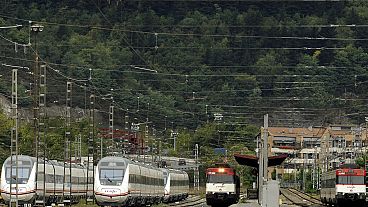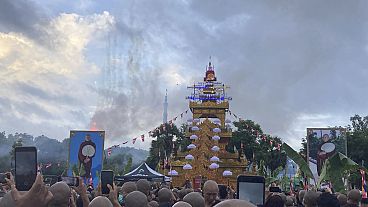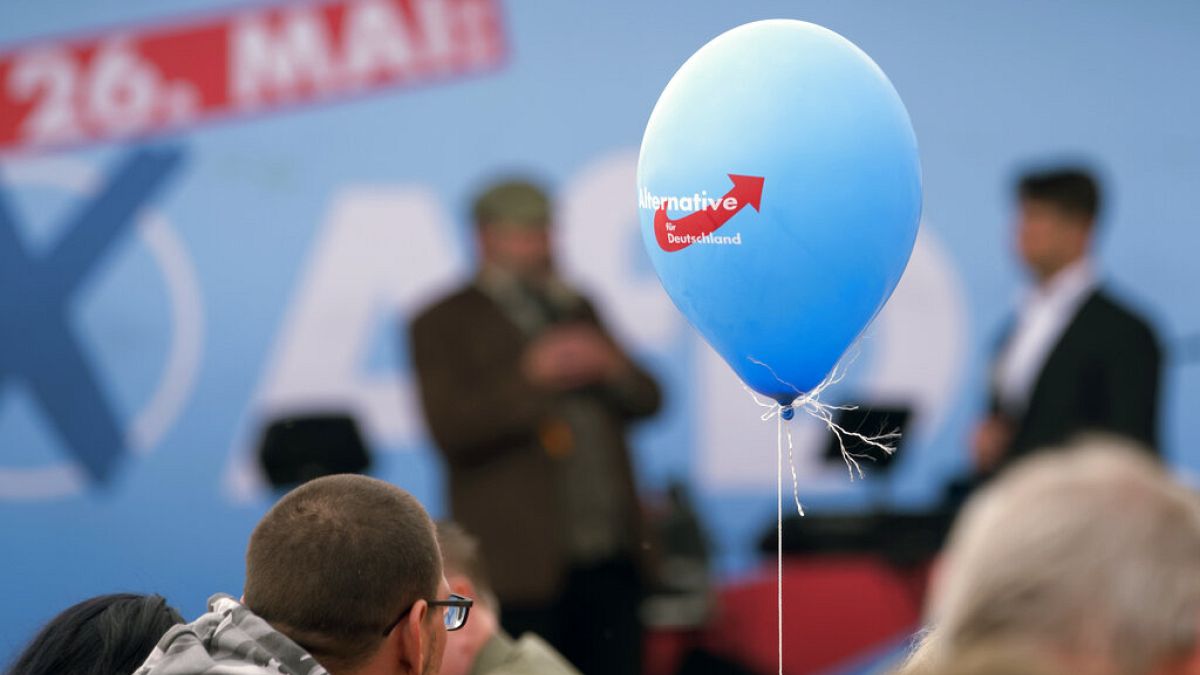The far-right AfD party is trying to attract the attention of ultra-nationalist parties in the rest of the EU to craft a new group even further right from the ID. Bulgarians, Slovaks and others are tempted by the bid.
Fifteen MEPs of the Alternative for Germany (AfD) are preparing to craft a new group after being kicked off of the Identity and Democracy (ID) gathering by the French far-right leader Marine Le Pen.
Confidential negotiations to bring together an alternative group with ultra-right dissidents from other countries have been taking place in Brussels since Tuesday.
One of the new Bulgarian MEPs from the ultra-traditionalist party Vazrazhdane or Revival involved in the talks, Petar Volgin, said that the birth of a new alternative far-right group is "highly likely".
A pro-Russian public radio star in Bulgaria, Volgin, has posted a moderately optimistic announcement on Facebook: "There are many parties and MEPs that share our ideas, and therefore we can hope for success."
The talks are to resume in Brussels on Monday.
The EU rules establish at least 23 MEPs from a minimum of even countries are needed to create an official group.
According to the Bulgarian ultra-right, there might be just enough parties and MEPs to do so.
The Euronews Polls Centre's analysts confirm that apart from the Bulgarians of Revival, there could be applicants from Slovakia, Hungary (not including Fidesz), Romania, Spain and Greece, as well as several Russian minority representatives from the Baltic countries.
Non-attached MEPs have fewer advantages than those who are part of a group. It is almost impossible for non-attached MEPs to get the presidency of parliamentary committees or to become rapporteurs on important issues.
On top of that, non-attached members have limited speaking time in the plenary sessions.
According to European Parliament sources, if the AfD does not form a group, some of the civil servants (not necessarily AfD sympathisers) working for the German far-right party at the parliament could lose their jobs.












